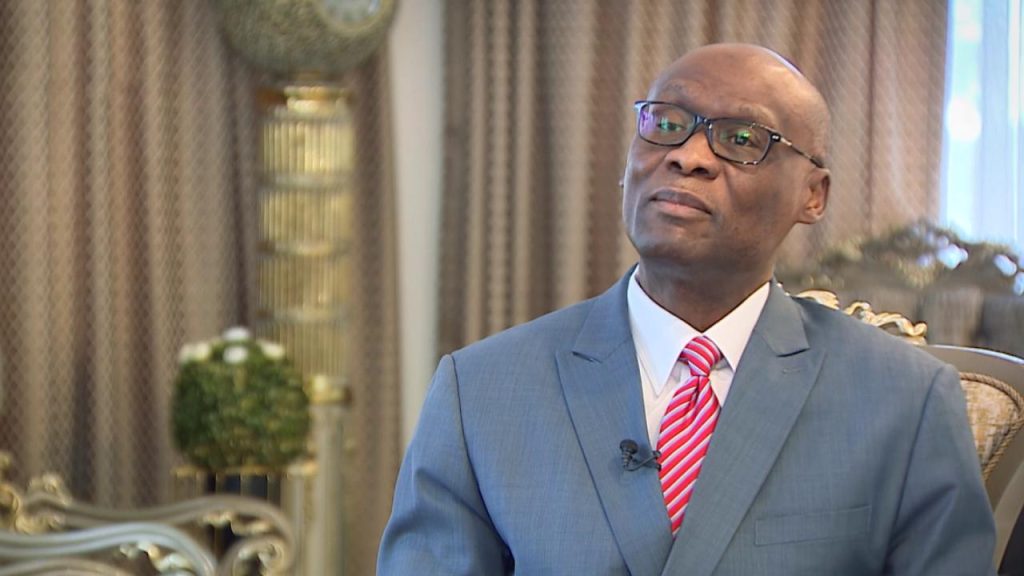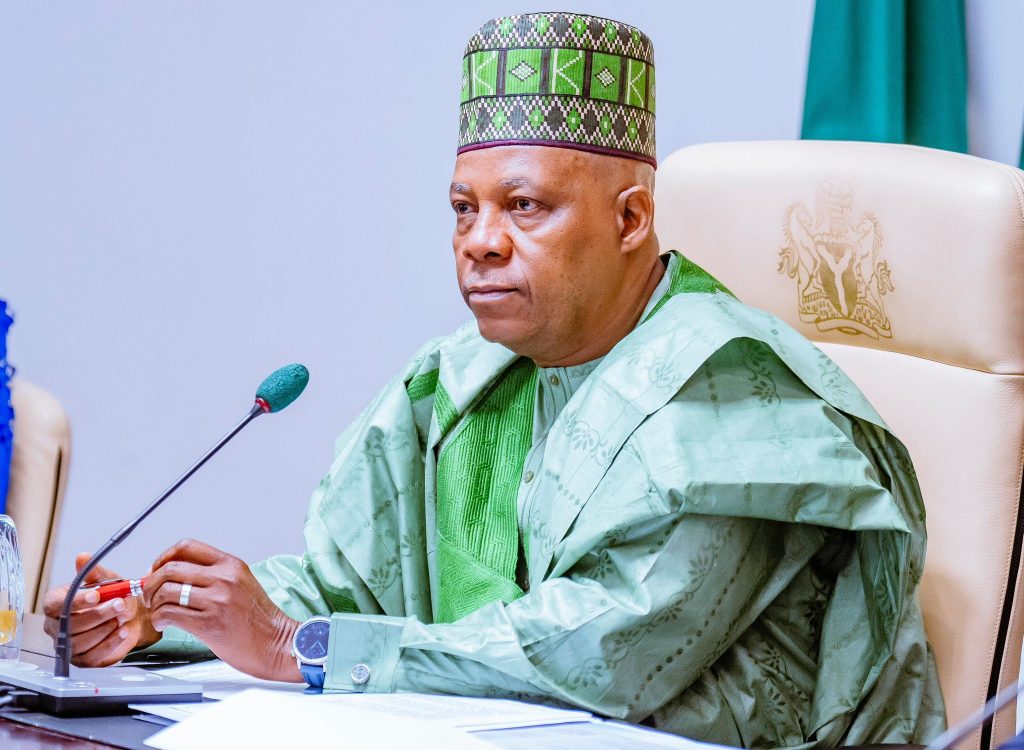A Nigerian university has relaunched its medical degree program a decade after accreditation was revoked, marking a significant step in revitalizing healthcare education in Kogi State. Prince Abubakar Audu University (PAAU) in Anyigba reintroduced its Bachelor of Medicine and Bachelor of Surgery (MBBS) program following full re-accreditation by the National Universities Commission (NUC), as confirmed by Kogi’s Commissioner for Health, Dr. Abdulazeez Adams.
The MBBS program, initially launched in 2012 under the institution’s former name, Kogi State University, lost accreditation in 2015 due to insufficient infrastructure and academic resources. At the time, over 90% of third-year medical students affected by the suspension were transferred to other universities with full state scholarships, most of whom have since graduated. Adams credited former Governor Yahaya Bello’s administration for intervening to support displaced students and later initiating infrastructure upgrades, including a modern clinical complex.
Current Governor Ahmed Ododo, who took office in January 2024, accelerated efforts to restore the program by commissioning additional facilities such as teaching laboratories, lecture halls, and student hostels. These projects, alongside expanded academic offerings in basic sciences and allied health programs, fulfilled NUC’s requirements. Following a resource verification visit, the commission reinstated the program, ending a ten-year hiatus.
Adams described the milestone as part of a broader strategy to strengthen Kogi’s healthcare workforce, citing ongoing investments in medical colleges across the state. “Governor Ododo’s actions reflect a commitment to tangible progress, not just promises,” he said, highlighting institutions like the College of Nursing in Obangede and the College of Medical Sciences at Confluence University of Science and Technology (CUSTECH).
The commissioner reaffirmed the state’s pledge to complete remaining infrastructure projects tied to the MBBS program, emphasizing collaboration with stakeholders. The revival is seen as critical for addressing regional healthcare deficits, with the university positioned to train future medical professionals in facilities now meeting national standards.



